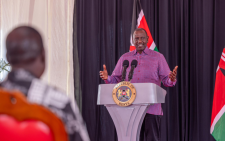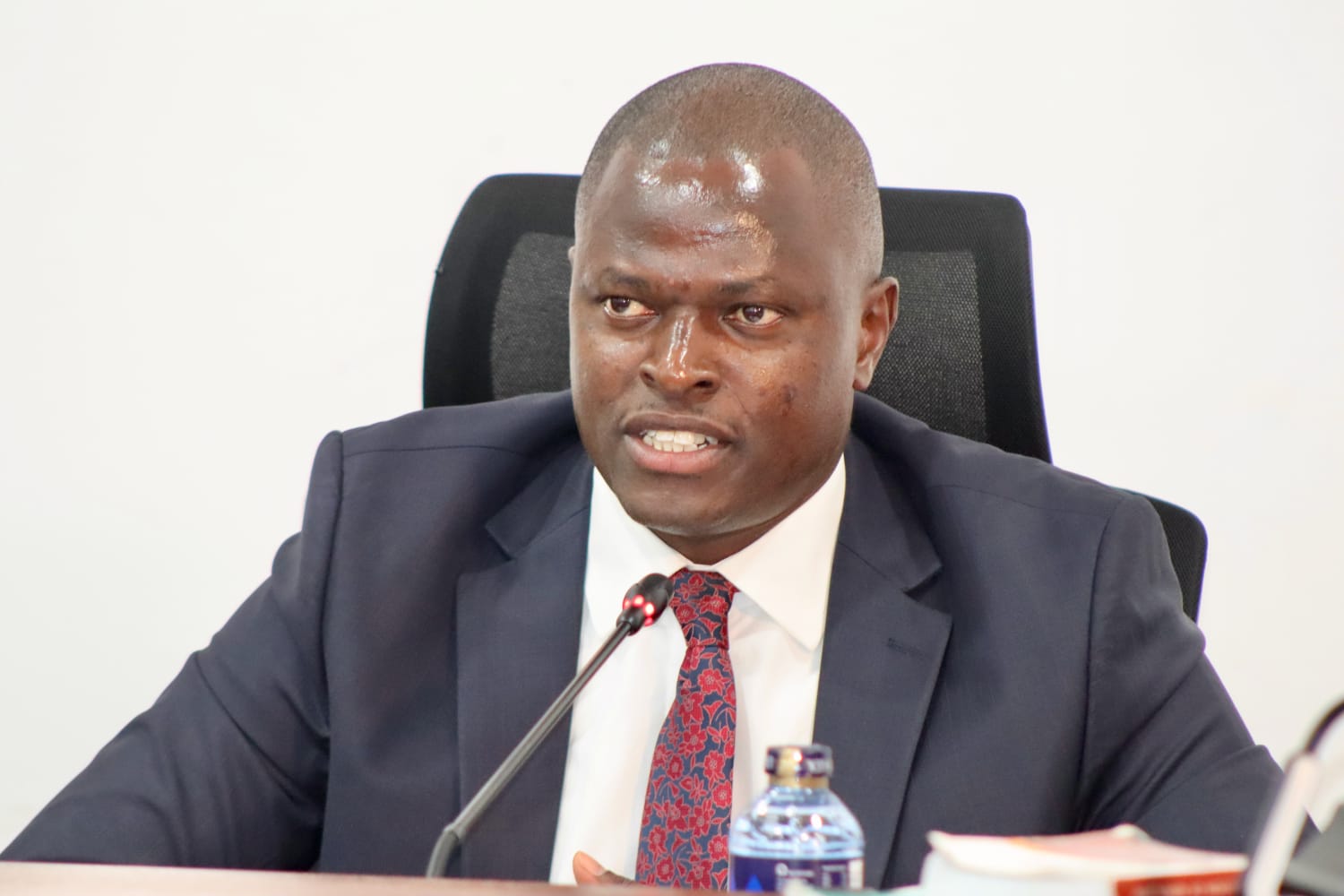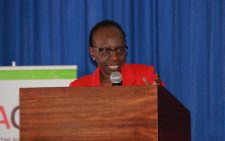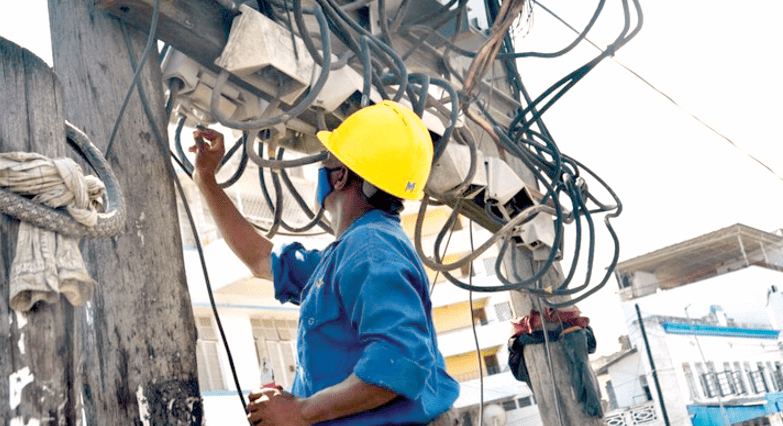Remake IEBC to avert constitutional crisis
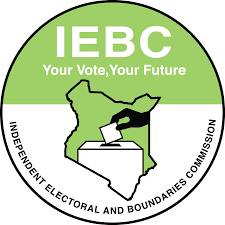
When Kenya almost plunged into a precipice following the disputed 2007 presidential election results, the Independent Review Commission gave a stinging verdict that the defunct electoral commission had various flaws.
The South African retired judge, Justice Johann Kriegler, led the commission, whose report cited a lack of independence and capacity that resulted from the electoral commission’s organisational structure and composition, as well as its systems.
The Kriegler report specifically examined the integrity of the whole electoral process, from voter registration and nomination of candidates through voting, counting, transmission, and tallying to dispute resolution and post-election procedures.
And with only two years and seven months days left before the August 2027 polls, the Independent Electoral and Boundaries Commission (IEBC) is yet to be reconstituted. The absence of electoral commissioners with 19 months before the election is a disaster in the making and brewing of a constitutional crisis.
The delay in reconstituting the IEBC could be a plot for the incumbents to prolong their tenure beyond the constitutional time frame. This is because there is no political goodwill to reconstitute the commission after the terms of former chairman Wafula Chebukati, Boya Molu and Prof Abdi Guliye ended after they served for six years.
The courts have ruled that the lack of commissioners may render the actions of the commission illegal as it is not legally constituted.
This poses a significant risk to preparations for future elections, as the absence of commissioners would prevent the declaration of election dates and other necessary policy decisions.
Last year marked the 12-year point since Kenya’s last boundary delimitation process, which is required by Article 89(2) of the Constitution. The supreme law mandates the IEBC to review names and boundaries of electoral areas at intervals of not less than eight years and not more than 12 years.
Already, this constitutional essential exercise has been put in jeopardy and failed to meet constitutional timelines.
The Constitution’s drafters devised a process for equitable representation based on population and geography, accounting for factors such as urbanisation, community ties, and topography.
The commission’s vice chair Juliana Cherera, and members Justus Nyang’aya and Francis Wanderi, perhaps fearing that they were already guilty as charged in the eyes of the National Assembly’s Justice and Legal Affairs Committee, decided to resign. Irene Masit was hounded out of office through a tribunal.
By now, the IEBC ought to have been reconstituted so that the commissioners are able to undertake capacity building for staff and preparations for the 2027 General Election commenced.
If the commissioners had been in place by now, they should have drafted budgets for the General Election, by-elections, boundaries delimitation, and continuous voter registration.
In addition, the commissioners ought to have reviewed election manuals, training content, and methodology in line with the Post-Election Evaluation Report, stakeholder recommendations, and election observer reports.
As presently constituted, the commission cannot recruit new staff to fill the vacancies caused by retirements and natural attrition, as well as capacity building for new staff and the commission on the electoral process.
Banisa MP Kullow Maalim Hassan died more than one year ago, leaving the electorate without representation because there are no commissioners in place.
Apart from the late Kullow, there are a host of members of county assemblies who have also died since the 2022 polls and whose vacancies have not been filled because the IEBC has no commissioners.
Article 88 of the Constitution provides for the establishment of an electoral commission whose responsibility is to conduct or supervise referenda and elections to any elective body or office established by the supreme law.






